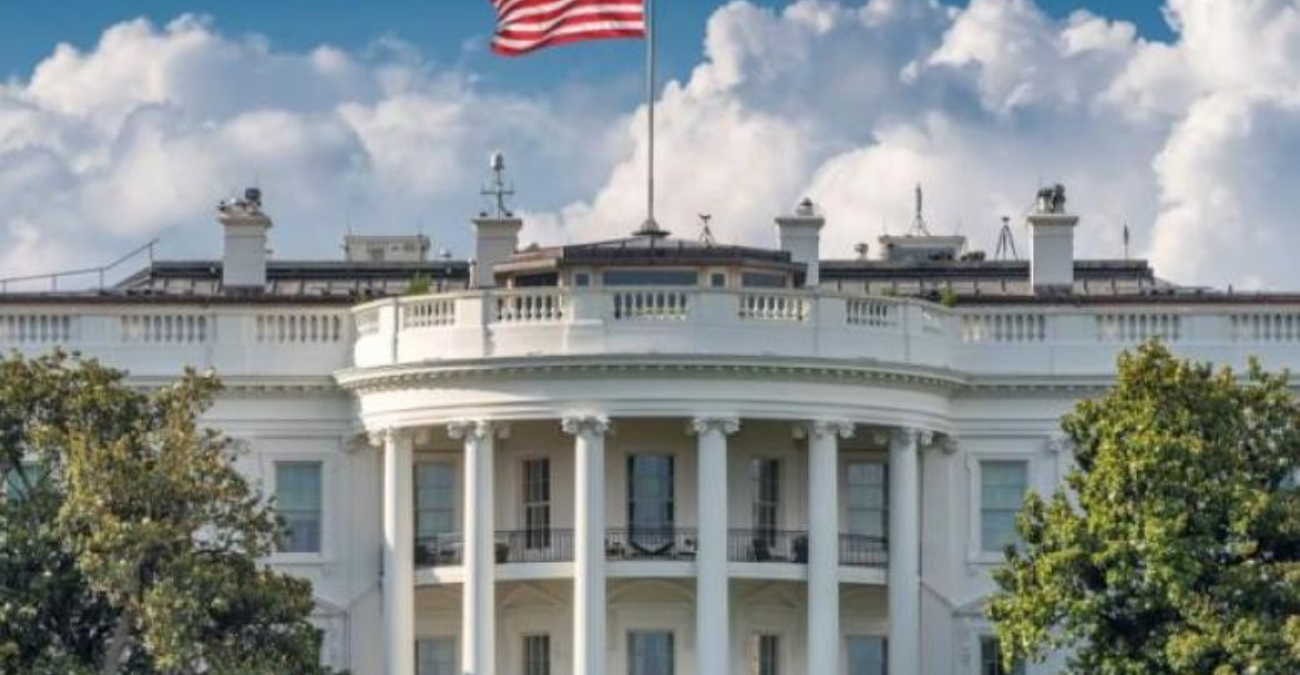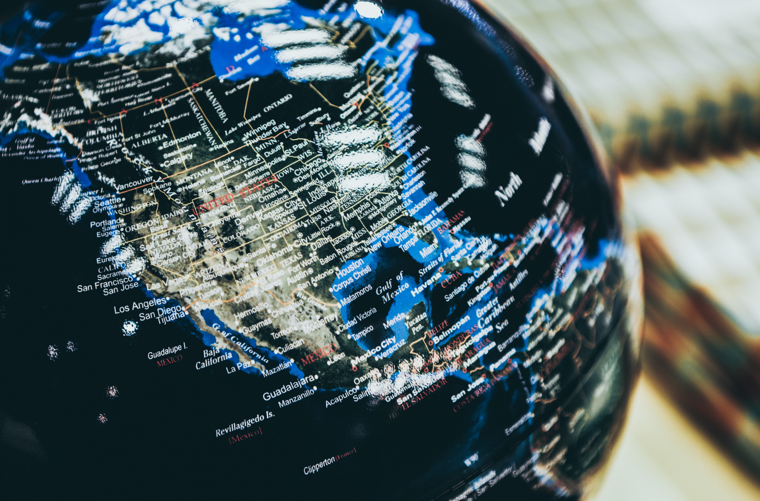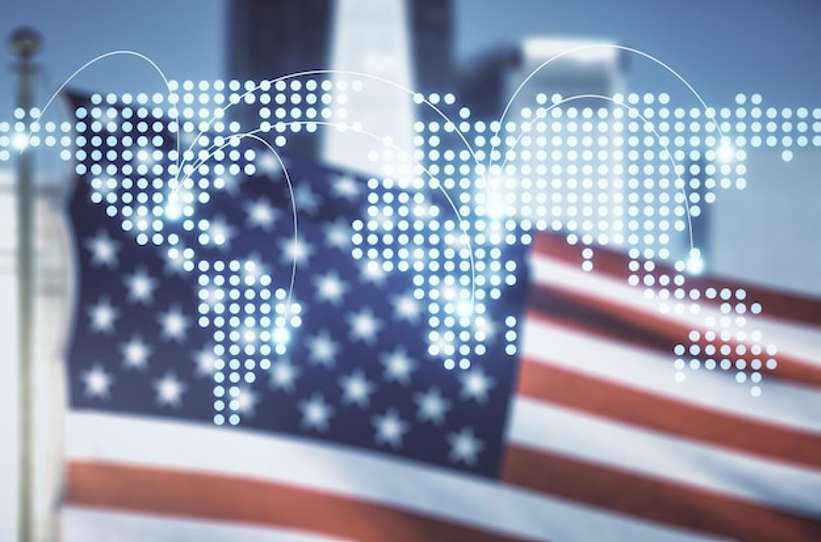By Lydia Chatzopoulou,
From the war in Ukraine to rising authoritarianism and climate uncertainty, the need for strong, democratic leadership has never been more urgent. That leadership, despite all its flaws, must still come from the United States. The U.S. remains a central pillar of stability and influence. Its economy, military might, technological innovation, and cultural exports continue to shape the 21st century. But not from an America consumed by anger, paralyzed by division, or tempted by isolationism. The world needs a stable, and united America—one that upholds the values of democracy, cooperation, and progress. This is not just a global necessity; it is a vital interest for Europe, for Greece, and for every democratic nation that believes in collective strength and shared values.

Economically, the U.S. remains the world’s largest economy in nominal terms and a magnet for innovation. American tech companies drive global progress, and the U.S. dollar remains the lifeblood of international trade. From AI to pharmaceuticals, American investments shape the future of the global economy. Culturally and politically, U.S. values still inspire millions. The fight for freedom, opportunity, and individual rights —though sometimes imperfectly expressed— is a model many nations, still strive to emulate. But the strength of America’s influence lies not just in its capabilities, but in the clarity of its moral leadership. That clarity has been clouded. When Russia invaded Ukraine, it was American leadership that galvanized NATO, armed the Ukrainian resistance, and coordinated sanctions that stung the Kremlin. In the Indo-Pacific, it is American presence that deters Beijing’s expansionism and protects vital shipping lanes.

The January 6th Capitol attack shocked democracies worldwide. Public trust in U.S. institutions has declined. Political discourse has become hostile. Social media platforms reward division. And bipartisan consensus, once a strength of American foreign policy, is now rare. Nations need a principled, not performative America. One that leads through example, not imposition. One that unites at home so it can stand united abroad. One that remembers its founding principles —liberty, justice, and the pursuit of common good, not only as domestic goals, but as international commitments. This means rebuilding trust across the political spectrum. It means returning to civil discourse, investing in education and civic engagement, and resisting the impulse to villainize the “other side.” It also means strengthening democratic institutions: protecting the integrity of elections, reaffirming the rule of law, and ensuring that power is checked and balanced.

In this time of geopolitical shifts and rising authoritarianism, the world is not asking for a perfect America —it is asking for a reliable one. A beacon, however imperfect, that reminds others of the possibilities of pluralism, resilience, and reinvention. History has shown that America’s greatest strength is its ability to self-correct. But that cannot happen if anger overshadows unity, or if division becomes the new norm. The world still needs America —but it needs one that is strong because it is whole, not one that is fractured and loud. It must remember that elections are sacred, not weapons. It must protect its judiciary, its Constitution, and its role as the leader of the free world. It must stop rewarding outrage and start rebuilding trust. This doesn’t mean suppressing debate —it means strengthening democracy. And the path forward is not through ideological extremes, but through realism and responsibility.
The next chapter of global history will be shaped not only by the strength of economies or militaries, but by the resilience of democracies. In that context, the role of the United States is irreplaceable. But only if it speaks with a clear, confident voice-one that emerges from domestic consensus rather than chaos-will it succeed. And we should stand ready to cooperate, contribute and support it, since our future depends on it.
References
- Why America Matters. Harvard School. Available here
- America Still Leads the World in All the Ways That Matter. AEI. Available here
- Why America Must Lead. Bush Institute. Available here




